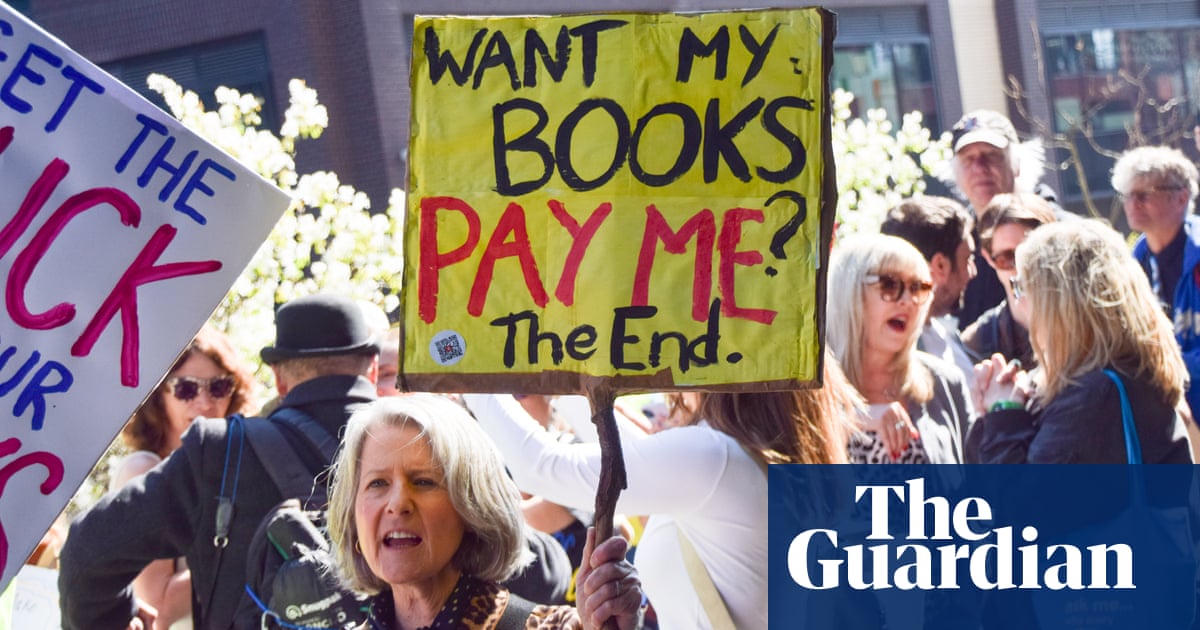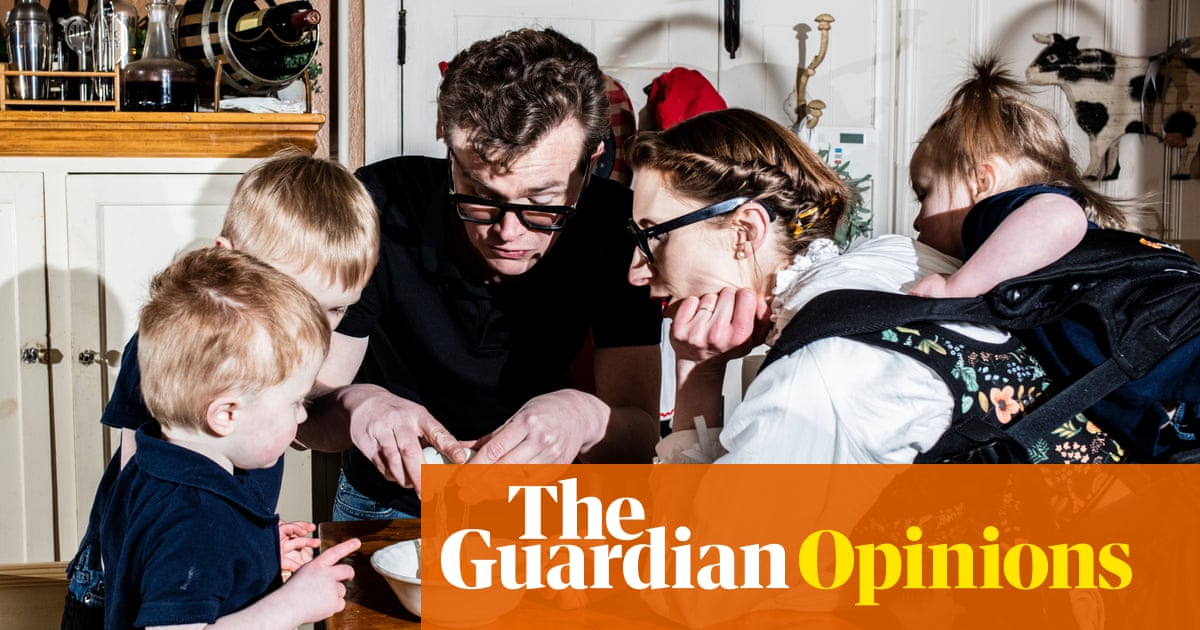Diversity, equality and inclusion practices within the NHS have been hindered by “misguided approaches” such as instances of “anti-whiteness”, the health secretary has said.
Speaking at an event hosted by Macmillan Cancer Support for World Cancer Day, Wes Streeting said there was a need for DEI policies, after they were criticised by public figures such as the US president, Donald Trump.
Streeting, in conversation with the journalist Nick Robinson, said: “We’ve got to deal with these challenges against the backdrop at the moment, let’s be honest, where equality, diversity and inclusion is under a lot of spotlight and discussion.
“Now, I could get quite a lot of plaudits from quite a lot of people across the country … [If I said:] ‘You know what? NHS, tough times, I’m going to scrap all of those equality, diversity and inclusion people. We’ll save loads of money doing that, and we’ll divert the money into actual patient care.’”
He added: “Except, ask black nurses about their experiences of being bullied in the workplace in an organisation that has had black people in it since it was founded pretty much … Empire Windrush, NHS foundation, same year – that generation built the NHS.
“You look at outcomes: prostate cancer, black men twice as likely to die of prostate cancer than white men, black women three times more likely to die in childbirth than white women. We’ve got some real racial inequalities here.”
Streeting went on to say he believed addressing those challenges was a political fight he was willing to take on, but added that he would “also need the profession to help”.
But he added: “Sometimes there are some really daft things being done in the name of equality, diversity and inclusion, which [have] undermined the cause. For example, there was one member of NHS staff who was merrily tweeting a job ad online and saying part of her practice was anti-whiteness.”
Streeting added: “I just thought: what the hell does that say to the bloke up in Wigan who’s more likely to die earlier than his more affluent white counterparts down in London? We’ve got real issues of inequality that affect white working-class people.”
His comments come after it was announced that NHS England had scrapped a number of pledges, including plans to expand maternal mental health support to at least 66,000 women.
Streeting said there had been some well-meaning but misguided approaches to equality within the NHS. “Where we see health inequalities, whether they affect men and women, black people, white people, rich and poor, we’ve got to take a much more evidence-based approach to those inequalities, and say if you’re on the wrong end of the stats, we want to deal with that to make sure we get equality of outcome.
“And I was really frustrated just last week to see the government’s commitment to have a men’s health strategy juxtaposed against women’s health, as if by focusing on the inequalities that affect men or the issues that affect men, that somehow we’d be deprioritising women.”
He added: “I don’t think that’s how my sister would feel about my health, and it’s certainly not how I’d feel about her health. So I think we’ve got to take a much better approach to this issue.”
Examples of racism and inequalities faced by NHS staff have been highlighted in recent years. A report by the General Medical Council (GMC) found that British doctors of black, Asian and minority ethnic origin and overseas-trained medics working in the UK experienced “persistent and pernicious” inequality throughout their careers. A previous study by the Royal College of Nursing found that white nurses were twice as likely as black and Asian colleagues to be promoted in the NHS, with minority ethnic staff overlooked due to structural racism.

.png) 2 months ago
22
2 months ago
22













































